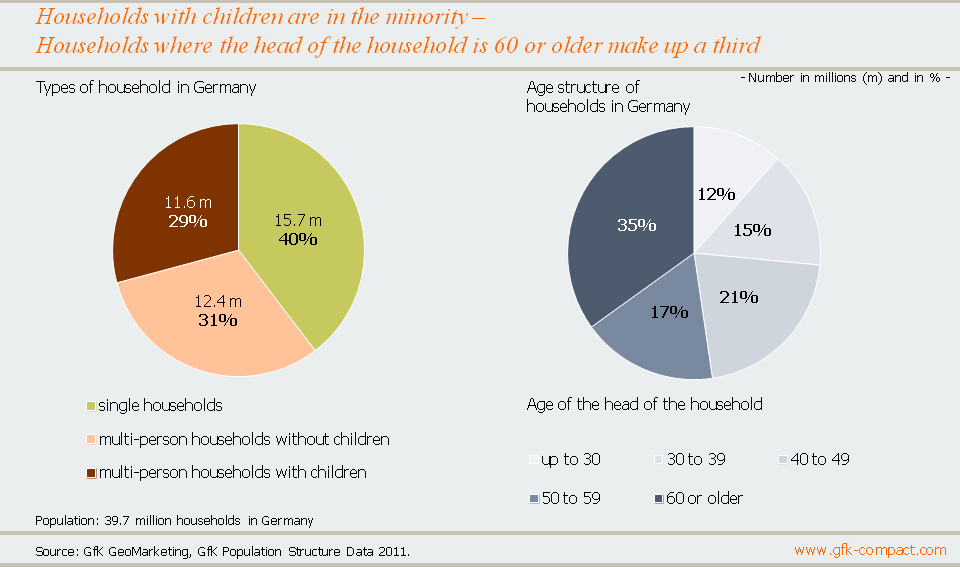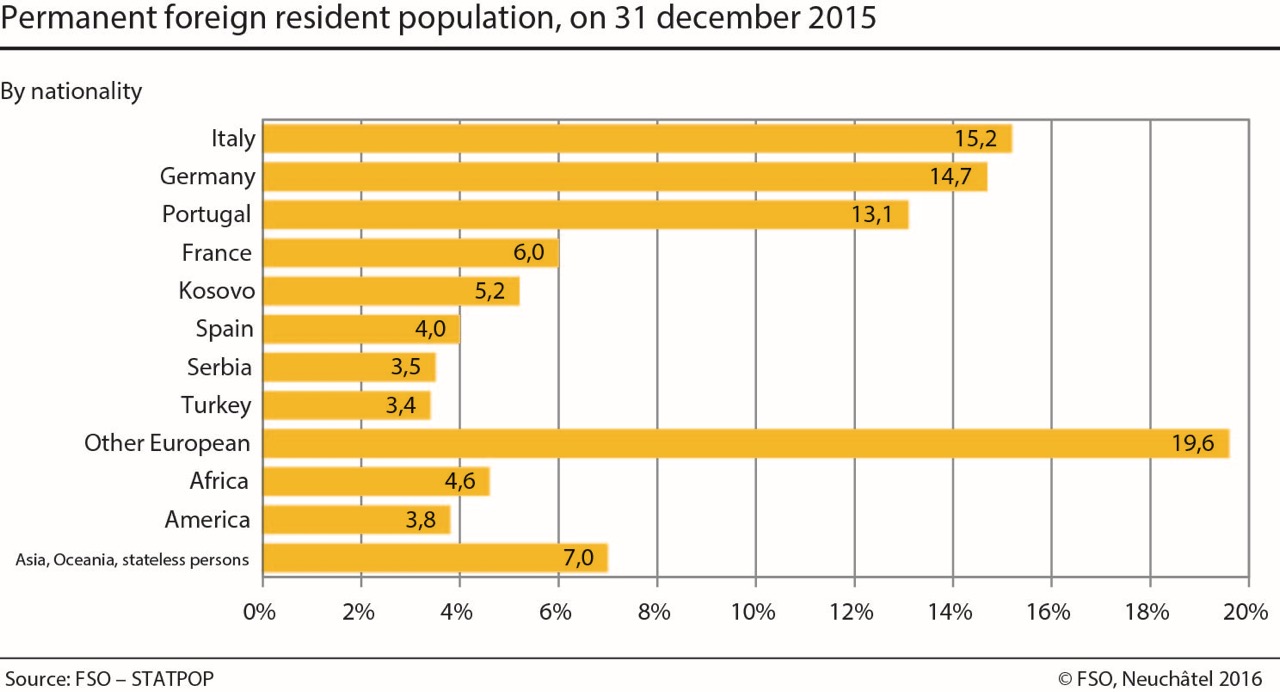1.3 Welchen Herausforderungen müssen sich Familien heutzutage stellen?
3 min read•june 18, 2024
Nathan Wichert
AP German 🇩🇪
29 resourcesSee Units
Welchen Herausforderungen müssen sich Familien heutzutage stellen?
- The German government has been keeping a close eye on birthrates in the country.
- Families with children are currently the minority and account for just under 30%
- Multi-person households without children account for 31%
- The largest group of people making up Germany are people who live alone
- Families prefer living in the countryside
- While cities offer a wider range of childcare and career opportunities, families clearly still prefer areas with less traffic, more space, and places to play
- Large cities are constantly looking for ways to keep families in cities by planning family-friendly urban designs

Image taken from nim.org.
We Need More Kids !!
Germany needs more kids and the government is stepping in to help make that a reality. Parents receive money from the government to help support their children in the form of tax subsidies. Kindergarten and school are free for kids in Germany and the government is investing money in building new schools and childcare facilities almost constantly!
Germany Is Getting Old
Germany is currently aging. In 35% of households in Germany, the head of the household is over 60. The next largest group is those between 40 and 49 at 21% and those between 50 and 59 at 17%. In contrast, the number of young households (under 30) is the lowest across the country.
Whether single or with a partner, with children in the country or with no children in the city, the ways in which German people live are many and various. Young single people can often be found in cities, while families with children prefer to live in the countryside. But these tendencies are not set in stone. We can also see societal changes, such as the increase in women in employment, stay-at-home fathers, or new types of communal living in older generations. This means that Germany’s demographic map will continue to change.
Switzerland Faces Common European Challenges
Switzerland is a tiny country known for its neutrality as well as its ethnic and linguistic diversity. German, French, Italian, and Romansch are all national languages.
Switzerland has one of the highest immigration rates on the continent. In 2011, 20.9% of the total population of 7.4 million was born outside of Switzerland.
Since the 1990s, Switzerland has forged closer ties with the European Union (EU), making it easier for EU citizens to live and work in Switzerland and vice versa. Although it is not part of the EU, Switzerland has had to face many of the same issues as its neighbors, from soaring numbers of asylum applications to integration problems to rising anti-foreigner sentiments. And, like the rest of Europe, Switzerland knows that further immigration will be needed to compensate for the aging population and to ensure economic growth in the future.

Image taken from Eurydice.
Strive for Five Vocab
| Alleinerziehender | single parent |
| die Ausbildung | education |
| ausziehen | to move out |
| bestehen (aus) | to consist of |
| die Betreuung | care |
| die Beziehung | relationship |
| die Elternrolle | role of the parents |
| die Elternzeit | maternity leave (up to 2 years in Germany) |
| der Erwachsene | adult |
| erziehen | to raise (children) |
| der Familienstand | family status |
| der Generationenkonflikt | generational conflict |
| geschieden | divorced |
| das Geschiecht | gender |
| die Großfamilie | extended family |
| die Hausfrau | stay-at-home-mother |
| der Hausmann | stay-at-home-father |
| der Jugendliche | teenager |
| die Kinderbetreuung | childcare |
| kinderlos | childless |
| die Lebensgemeinschaft | partnership (domestic) |
| ledig | single |
| Verwandte | relatives |
| Die Kita | daycare center |
Other Questions to Consider for Familien in verschiedenen Gesellschaften
- Wie prägen Familien Werte und Traditionen sowie persönliche Glauben und persönliche Interessen? (How do families shape values and traditions, as well as personal beliefs and personal interests?)
- Was sind einige große Herausforderungen für Familien, wie der Zugang zu Bildung und Jobs? (What are some major challenges that families are facing, such as access to education and jobs?)
- Wie entwickeln sich Familien in den heutigen Gesellschaften? (How are families evolving in today’s societies?)
Wusstest du, dass...⁉️
… Noah und Hanna die beliebtesten Kindernamen in Deutschland im Jahre 2019 waren?
… Juli der Monat mit der höchsten Geburtenrate in Deutschland ist?
... 93% aller Kinder ab zwei Jahren in einer Kinderbetreuung sind?
Browse Study Guides By Unit
👨👩👧Unit 1 – Families in Germany
🗣Unit 2 – Language & Culture in Germany
🎨Unit 3 – Beauty & Art in Germany
🔬Unit 4 – Science & Technology in Germany
🏠Unit 5 – Quality of Life in Germany
🌪Unit 6 – Challenges in Germany
📚Study Tools
🧐Exam Skills

Fiveable
Resources
© 2025 Fiveable Inc. All rights reserved.